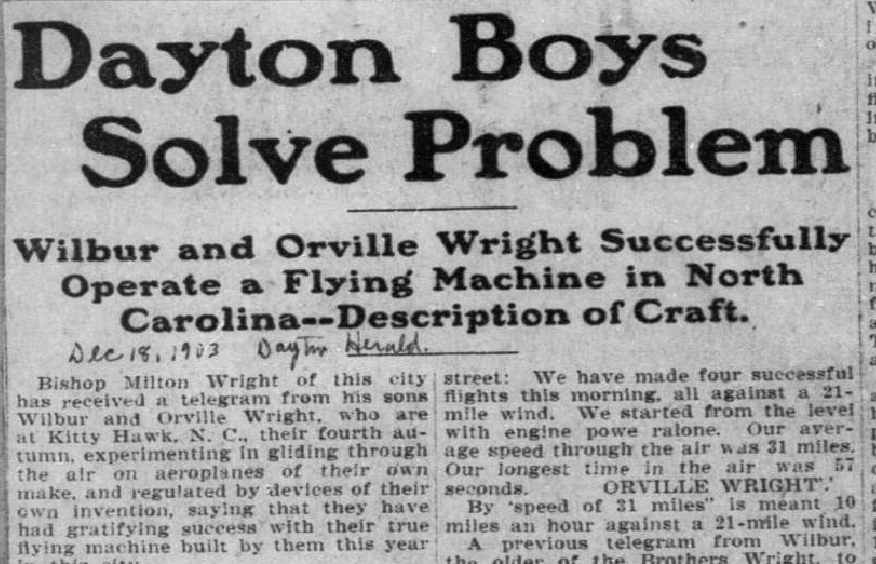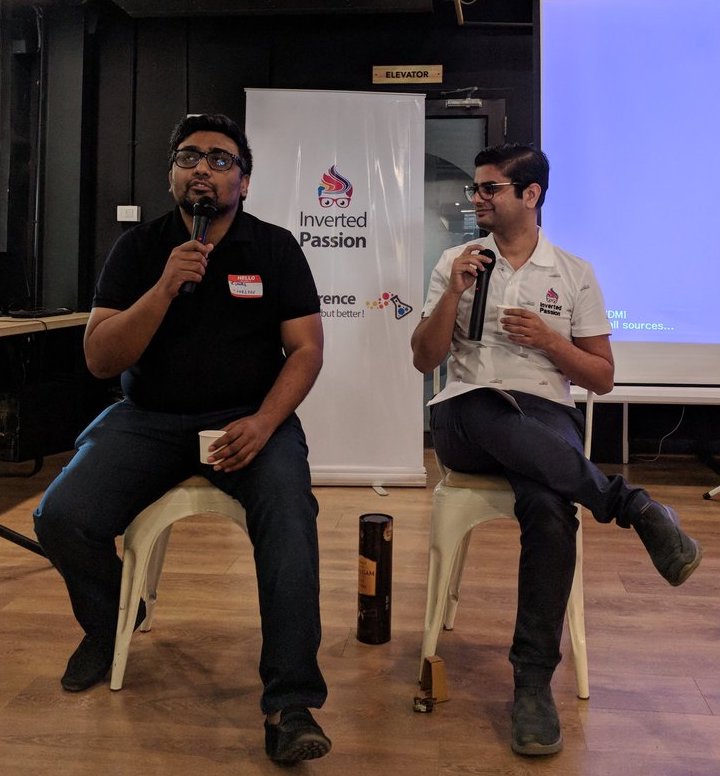On 13th April 2018, I hosted a panel discussion with Varun Shoor, founder of Kayako and Pallav Nadhani, founder of FusionCharts. It was an experiment to see whether a many-to-many discussion between SaaS founders turns out to be useful for early stage startups.
To ask questions to the SaaS founders panel, I had received 19 applications, out of which 5 were selected. The call was not recorded so that the founders could talk frankly. Here are some generic notes and insights from the one hour call. (We all realized that one hour for five founders isn’t really sufficient.) ...


